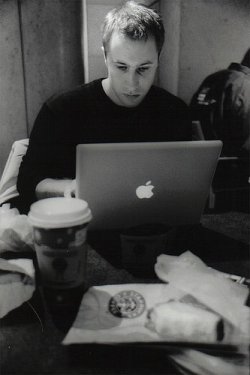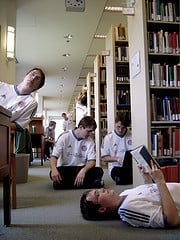
The Great Career
Laura loves what she does. To many people, myself included (I’ve known her for the past five years), she represents the Platonic ideal of a great career.
Laura is a database whiz. Companies hire her to wrangle their most gnarly data into streamlined structures. If you’re lucky enough to engage Laura, she’ll assemble a handpicked team of programmers and descend on your office for up to six months. She’ll then take your generous check back to her charming Jamaica Plain bungalow and set about finding novel ways to spend it.
She allows months to pass between projects — the paydays being ample enough to buy her as much downtime as she wants. She has used this time, among other pursuits, to earn a pilots license, learn to scuba dive, and travel through Asia.
In several earlier posts, I argued that mastering a rare and valuable skill is the key to generating a remarkable life — much more important than following your “passions” or matching your career (or academic major) to your personality. It occurred to me, however, that to continue this discussion, we need to better understand our goal; that is, we need to figure out what exactly makes a remarkable life remarkable.
In this post, I’m going to tackle this question, using Laura as our running example of someone who has achieved the end result we have in mind…


 The Courage Fallacy
The Courage Fallacy


